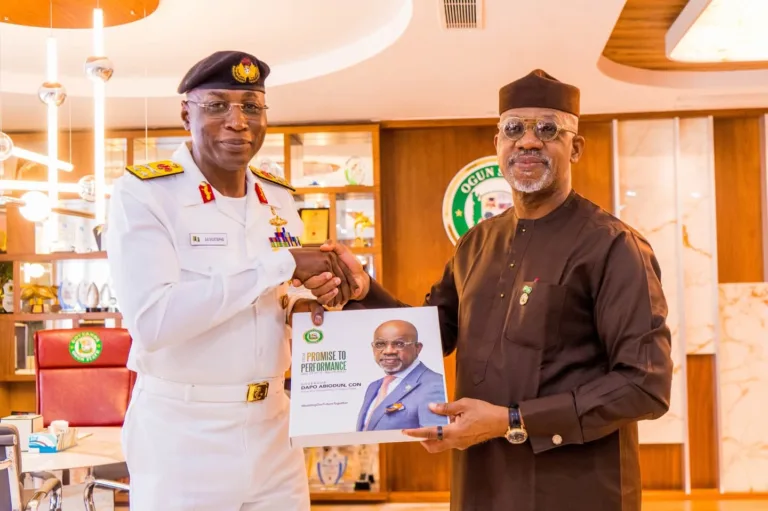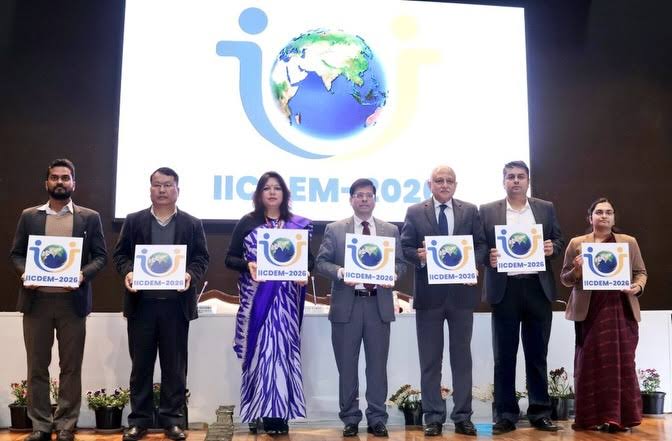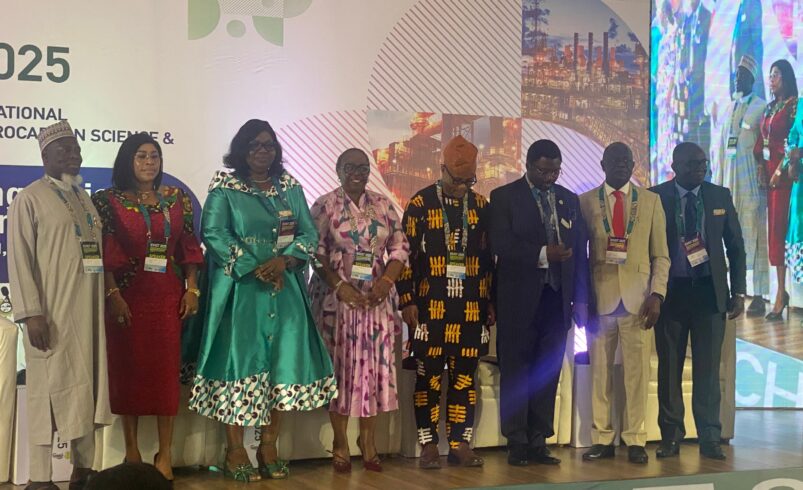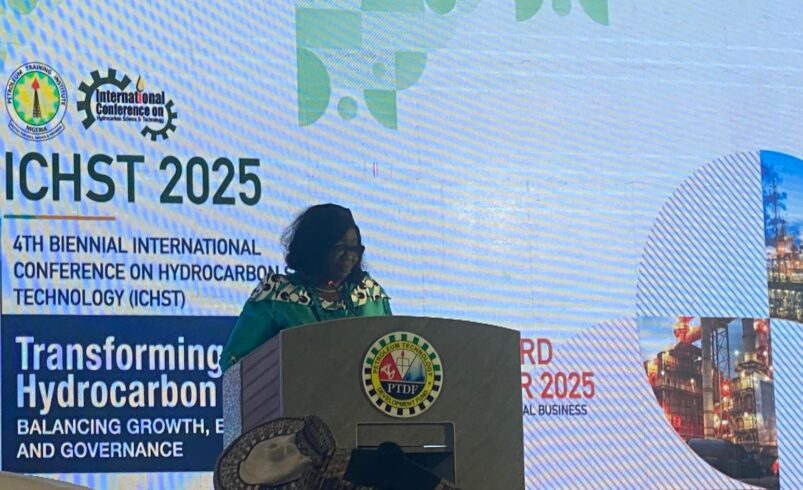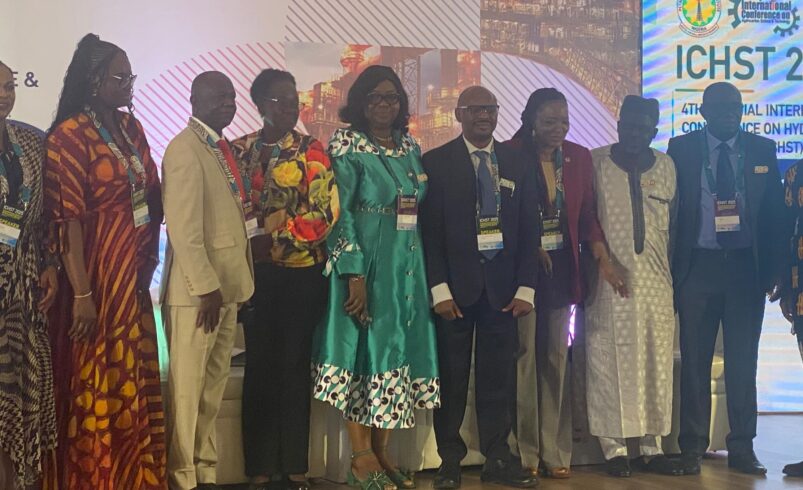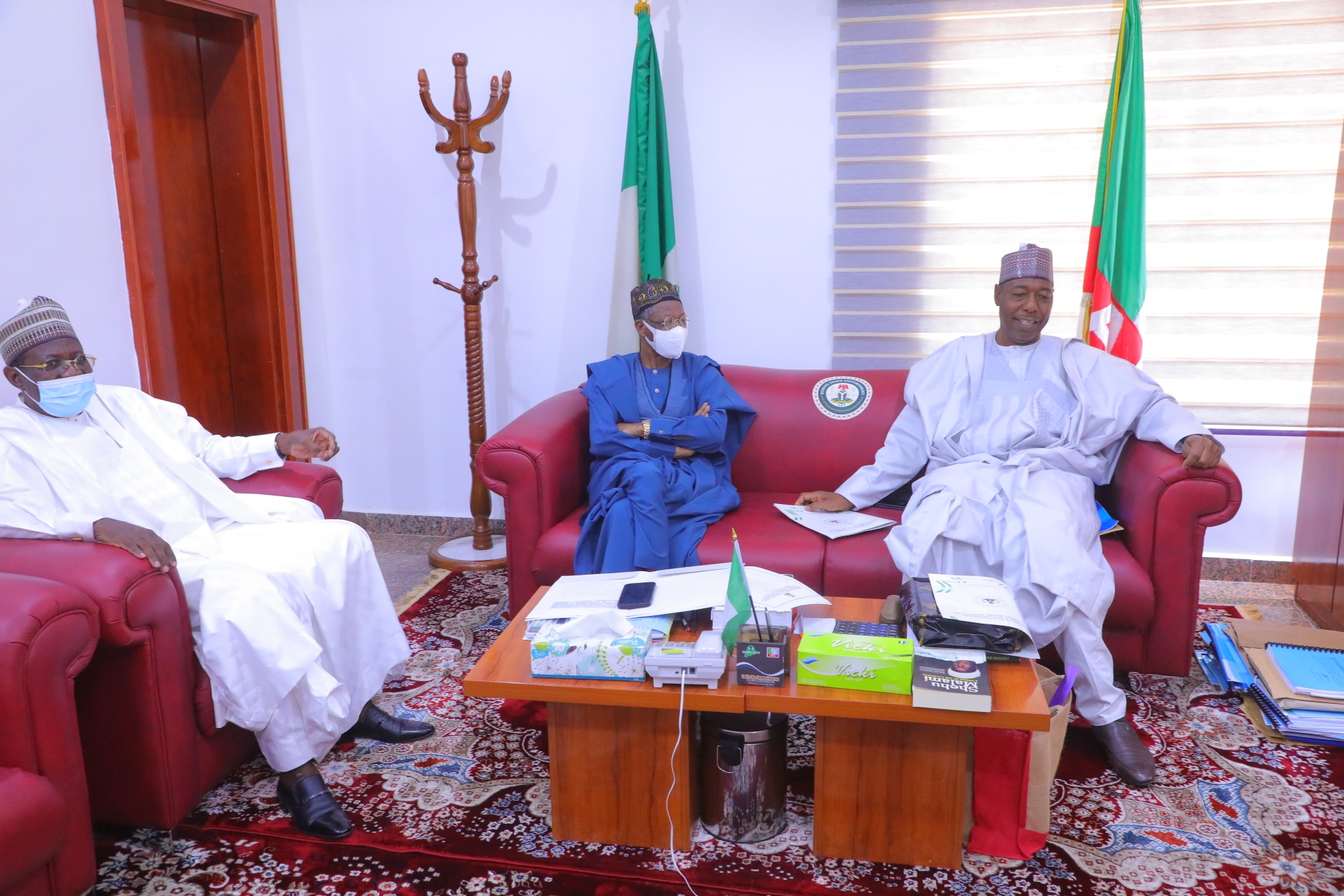By: Goodluck E. Adubazi, Abuja.
Day Two of the 4th Biennial International Conference on Hydrocarbon Science and Technology (ICHST 2025) continued with high-level discussions on Africa’s energy transformation, featuring a thought-provoking keynote address by Dr. Bello Babura Rabiu, Non-Executive Director of NNPC Limited.
Speaking on the topic “Balancing Investment, Environmental, Social and Governance (ESG) Compliance, and Africa’s Development Imperatives,” Dr. Rabiu underscored the delicate task of driving energy development while ensuring social equity and environmental responsibility across the continent.
“Africa stands at a defining moment — rich in resources, yet vulnerable to climate impacts. Our progress depends on how responsibly we harness what we have,” he said.
Dr. Rabiu painted a striking picture of Africa’s dual reality.
Despite being home to 17% of the world’s population, the continent contributes the least to global emissions but remains among the most affected by climate change.
Citing data from the Intergovernmental Panel on Climate Change (IPCC), he noted that North and West Africa are projected to face temperature increases of up to 1.5 to 3°C, placing them among the world’s most climate-vulnerable regions.
Yet, Africa holds vast reserves — 125 billion barrels of oil and 620 trillion cubic feet of gas — capable of sustaining its energy needs for over three centuries if properly managed.
“We have enough resources to power Africa for hundreds of years,” Dr. Rabiu emphasized. “What we lack is the infrastructure, governance, and inclusive framework to turn potential into prosperity.”
Focusing on Nigeria, Dr. Rabiu highlighted the deep energy inequality within Africa’s largest economy.
With a population exceeding 230 million, nearly 40% of Nigerians lack access to reliable electricity, and 43% still rely on firewood for cooking.
He compared Nigeria’s per capita energy consumption of 150–212 kWh to South Africa’s 4,000 kWh, underscoring the urgent need for investment in modern energy infrastructure.
“We cannot talk about industrial growth or development when millions are still in the dark,” he remarked. “Energy poverty is the single biggest barrier to inclusive progress.”
Dr. Rabiu stressed that ESG (Environmental, Social, and Governance) standards have become the cornerstone of responsible investment, urging African governments and businesses to integrate ESG principles into every level of decision-making.
“ESG is no longer a ‘nice-to-have’ — it’s a necessity,” he declared. “Investors today are guided by transparency, social responsibility, and environmental impact. If we get it right, capital will flow, industries will grow, and communities will thrive.”
He highlighted the “Triple Bottom Line” approach — People, Planet, and Profit — as essential for sustainable energy development, adding that ethical governance and transparency in licensing and revenue management are crucial to rebuilding public trust.
Dr. Rabiu warned that simply exporting raw crude and gas without value addition will keep Africa dependent and underdeveloped.
Instead, he called for refining, petrochemical development, and gas-to-power projects to stimulate local industries, create jobs, and reduce import dependency.
“We must move from exporting raw materials to exporting refined value,” he said. “That’s how we’ll generate employment, industrialize our economies, and ensure that oil wealth benefits the people, not just the sector.”
He emphasized that revenue from hydrocarbons should be strategically reinvested into education, health, digital infrastructure, and manufacturing, driving diversification and resilience in African economies.
Dr. Rabiu urged for transparent policies, strong institutions, and community engagement to sustain investor confidence and public accountability.
“Good governance attracts good investment,” he said. “Transparency in how we manage resources is not just a moral duty — it’s an economic advantage.”
He called on governments, civil society, and the private sector to work together, ensuring that energy decisions reflect both community needs and long-term sustainability goals.
In closing, Dr. Rabiu reaffirmed that ESG compliance is not a constraint but an enabler of Africa’s development potential.
“When we do the right thing, investment follows,” he concluded. “Africa’s future lies in balancing growth with governance and sustainability. That’s how we’ll turn our resources into real prosperity.”
The panel sessions following his address explored practical frameworks for implementing ESG strategies across Africa’s hydrocarbon value chain, aligning with the conference theme —
“Transforming Africa’s Hydrocarbon Sector: Balancing Growth, Environment, and Governance.”



